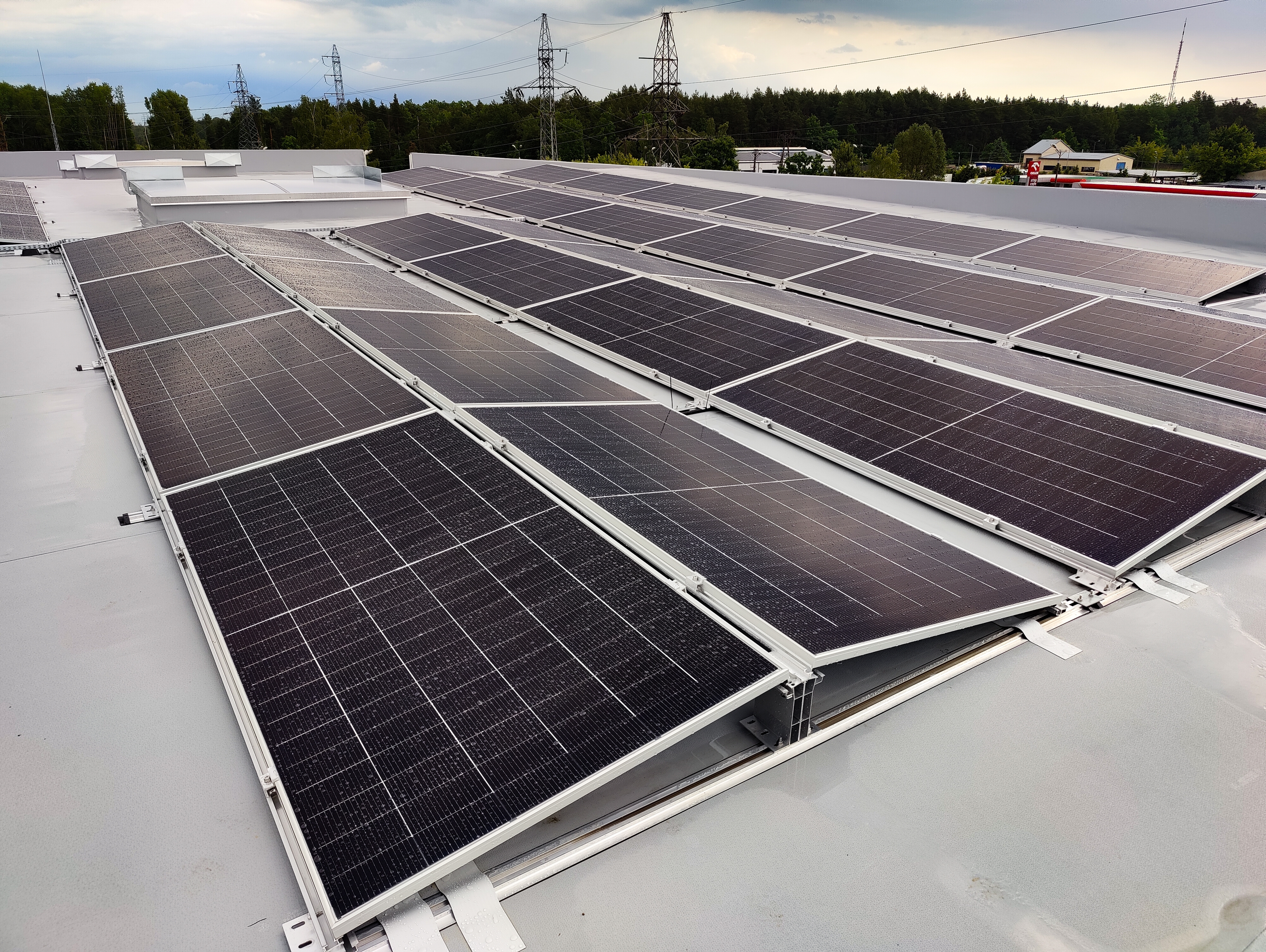When it comes to renewable energy tracking and reporting, Europe has one of the most mature and structured Energy Attribute Certificate (EAC) markets in the world. But if you’re new to the space—or even if you’ve been navigating it for a while—it can still feel like a maze of acronyms, registries, and rules.
In this blog, we’ll help you understand how EACs work in Europe, what makes the market unique, and what you need to know to make smart purchasing decisions.
Or, if you’re looking for a comprehensive overview of EACs, our EAC buyer’s guide provides a deep dive into how they work and their benefits and challenges.
What are EACs, and what makes Europe different?
Energy Attribute Certificates (EACs) are digital records that prove one megawatt-hour (MWh) of electricity was generated from a renewable source. In Europe, these certificates are known as Guarantees of Origin (GOs). In the UK, they’re called REGOs—Renewable Energy Guarantees of Origin.
While the names differ slightly, the purpose is the same: to provide a transparent, traceable way for organizations to claim the use of renewable electricity.
What sets Europe apart is its single market for GOs. Most EU countries participate in a harmonized system governed by the Association of Issuing Bodies (AIB), which ensures consistency in how GOs are issued, traded, and redeemed across borders. This makes it easier for companies operating in multiple countries to manage their renewable energy claims.
The mechanics of the Guarantees of Origin market
Each European country has its own registry, but they all follow a common framework laid out in the EU Renewable Energy Directive. This includes rules like:
- One GO equals one MWh of renewable electricity.
- GOs must include details like the generation technology, location, and commissioning date of the asset.
- GOs are valid for 12 months and must be cancelled in the country of consumption.
Despite the shared framework, there are still local nuances. For example, in France, GOs must be cancelled monthly, while in Germany and Italy, cancellations must go through local electricity suppliers. These differences can affect how and when you buy.
What about the UK?
Since Brexit, the UK has operated its own EAC system using REGOs. While similar in function to GOs, REGOs are no longer interchangeable with their EU counterparts. They also follow a different compliance period—April to March instead of the calendar year—and have slightly different rules around technology classification.
Guarantees of Origin market trends and pricing
The European GO market is known for its liquidity, but also its volatility. Prices can swing significantly based on supply and demand, weather conditions (especially for hydro), and geopolitical events.
In 2022, for instance, GO prices spiked. This was likely due to a combination of low hydro output in the Nordics and energy market disruptions following the war in Ukraine. Since then, prices have softened, but the market remains sensitive to seasonal and structural shifts.
Recent data shows that while supply continues to grow, demand is growing even faster, especially from companies reporting to RE100 and SBTi. These frameworks require GOs to come from assets less than 15 years old, which limits the pool of eligible certificates and puts upward pressure on prices.
What’s driving demand for Guarantees of Origin?
Several factors are fueling the appetite for GOs and REGOs in Europe:
- Corporate sustainability goals: Over 50% of companies reporting to SBTi are headquartered in Europe, and many have near-term targets.
- Supply chain pressure: Companies increasingly ask their suppliers to use renewable energy, creating ripple effects across industries.
- Regulatory momentum: Initiatives like the EU’s Corporate Sustainability Reporting Directive (CSRD) are pushing more companies to disclose—and improve—their environmental performance.
Key takeaways for buying Guarantees of Origin
Europe’s EAC market is one of the most advanced in the world, offering both opportunity and complexity. Whether you’re sourcing GOs for a single site or managing a multinational portfolio, understanding the landscape is key to making informed, impactful decisions.
If you’re looking to purchase GOs or REGOs, here are a few tips:
- Plan ahead. Prices tend to rise toward the end of the compliance period.
- Understand your reporting requirements. If you’re aligned with RE100 or SBTi, ensure your certificates meet their criteria.
- Consider market boundaries. GOs must be cancelled in the country of consumption to be valid under most frameworks.
- Work with a trusted expert. Navigating multiple registries and rules can be complex, especially if you’re buying across borders.
At World Kinect, we’ve been active in global EAC markets for over 12 years, sourcing from more than 60 countries and trading over 20 terawatt-hours of certificates annually. Our team doesn’t just observe the market—we’re embedded in it, helping clients navigate evolving regulations, optimize procurement strategies, and meet sustainability standards like RE100 and SBTi.
Get in touch
If you’re looking for a trusted expert to help you source high-quality GOs, ensure compliance, and stay ahead of market trends, our experts are here to support you every step of the way. Get in touch to learn how we can help you turn your renewable energy goals into action.




